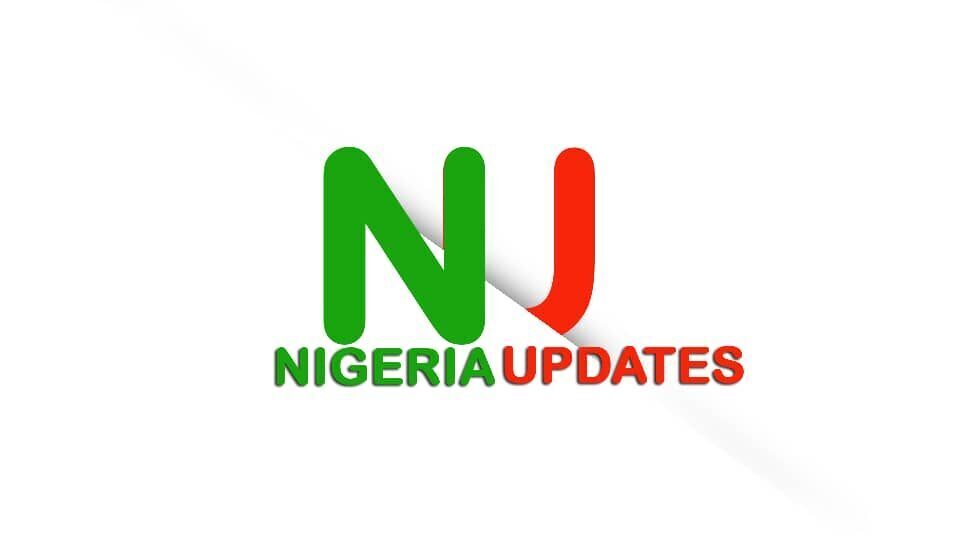The Congress of Nigerian Maritime Media Practitioners (CONMMEP) successfully hosted its highly anticipated one-day workshop titled “Port Community Engagement: Building Partnerships for Sustainable Development” at Rockview Hotel in Apapa, Lagos. The event, which brought together key stakeholders from various sectors, aimed to explore avenues for improving the sustainability of Nigeria’s maritime and port communities.
Chief Abdullai Tony Dania Esq., the guest speaker, set the tone for the workshop with an insightful presentation. He discussed government policies, programs, and initiatives aimed at improving Nigeria’s maritime space and port communities.
He emphasized the need for CONMMEP, as a media advocacy group, to be assertive in holding government agencies accountable.
“CONMMEP must be bold in its pursuit of accountability and transparency,” said Chief Dania, stressing the importance of the media in shaping the future of the country’s maritime sector.
The Honorable Minister of Marine and Blue Economy, His Excellency Adegboyega Oyetola, was urged to recognize CONMMEP as a valuable partner in advancing the ministry’s objectives.
CONMMEP was also encouraged to follow up on the Nigerian Upstream Petroleum Regulatory Commission’s (NUPRC) initiatives focused on sustainable development in host communities around Nigerian ports.
The NUPRC’s Host Community Development Trust initiative, which was inaugurated in February 2024, aims to implement provisions from the Petroleum Industry Act (PIA) 2021.
The program has already funded 52 of the 103 Host Community Development Trusts (HCDTs), which focus on the development of host communities.
In another significant development, the U.S. Department of Transportation’s Maritime Administration announced a Notice of Funding Opportunity (NOFO) for the Port Infrastructure Development Program (PIDP), offering $230 million in discretionary grants for port and intermodal infrastructure projects. This funding aims to support the modernization of port facilities and the improvement of operational efficiencies across the global maritime industry.
The workshop was further distinguished by the presence of HRM Oba Mohammed Moroof Oyekunle Attanda Amodu Tijani Oluwa, the paramount ruler of the premier port communities in Lagos. The traditional leader voiced concerns over the neglect of his kingdom by government agencies and organizations. “It is disheartening that only the Standard Organization of Nigeria and the Nigeria Shippers Council sent representatives,” he lamented, urging greater attention to the needs of the port communities.

The workshop featured discussions on the importance of engaging youths and community leaders in addressing environmental challenges, such as the removal of water hyacinths and wrecks. Panelists highlighted the need for increased collaboration among relevant agencies to tackle these issues.
Comptroller Bo Olomu, Customs Area Controller, Apapa, delivered the keynote address, emphasizing the role of community engagement in sustainable port operations. He outlined several benefits of community involvement in decision-making processes and shared knowledge, which could streamline port operations and foster economic growth.
“Community engagement is essential for informed decision-making and can help create shared knowledge between ports and surrounding communities,” Comptroller Olomu stated, calling for enhanced partnerships to achieve the Sustainable Development Goals (SDGs).
Comptroller Olomu also underscored the importance of building partnerships for sustainable development in the maritime sector. “Engage stakeholders early, share knowledge and expertise, pool resources, and embrace flexibility,” he recommended, stressing that partnerships are crucial for addressing complex challenges in the sector.
In his welcome address, Alhaji Tunde Umar-Daniah, President of CONMMEP, reiterated the significance of the workshop. He emphasized the group’s commitment to fair, unbiased reporting on Nigeria’s maritime industry and its role in advocating for positive change.

“We envision a future where these communities thrive, drive economic growth, social prosperity, and environmental stewardship,” Alhaji Umar-Daniah stated.
He called on all stakeholders, including government and community leaders, to embrace the recommendations arising from the workshop for the betterment of the port communities.
The event concluded with a call to action, urging collective efforts to foster economic development, environmental sustainability, and social prosperity in Nigeria’s port communities.
The CONMMEP workshop provided a platform for critical discussions on how to strengthen partnerships for sustainable development in Nigeria’s maritime sector.
It emphasized the role of media advocacy, government agencies, and community leaders in driving positive change. As the maritime industry continues to grow, workshops like these are pivotal in shaping policies and fostering collaboration for the benefit of the nation.

 Entertainment3 days ago
Entertainment3 days ago
 Nigeria News4 days ago
Nigeria News4 days ago
 Nigeria News6 days ago
Nigeria News6 days ago
 Maritime5 days ago
Maritime5 days ago
 Youths2 days ago
Youths2 days ago
 Maritime2 days ago
Maritime2 days ago
 Aviation7 days ago
Aviation7 days ago
 Metro2 days ago
Metro2 days ago















